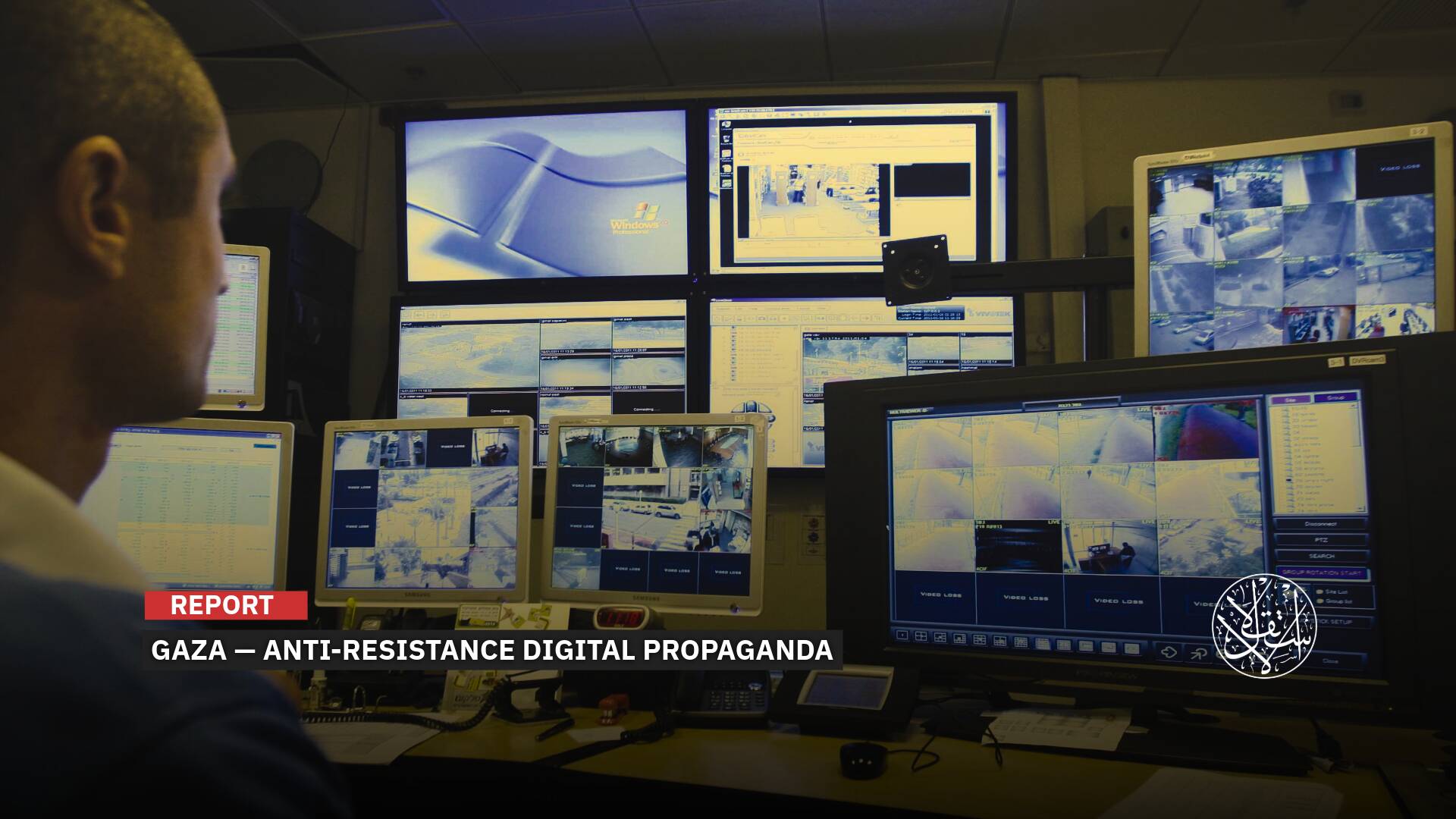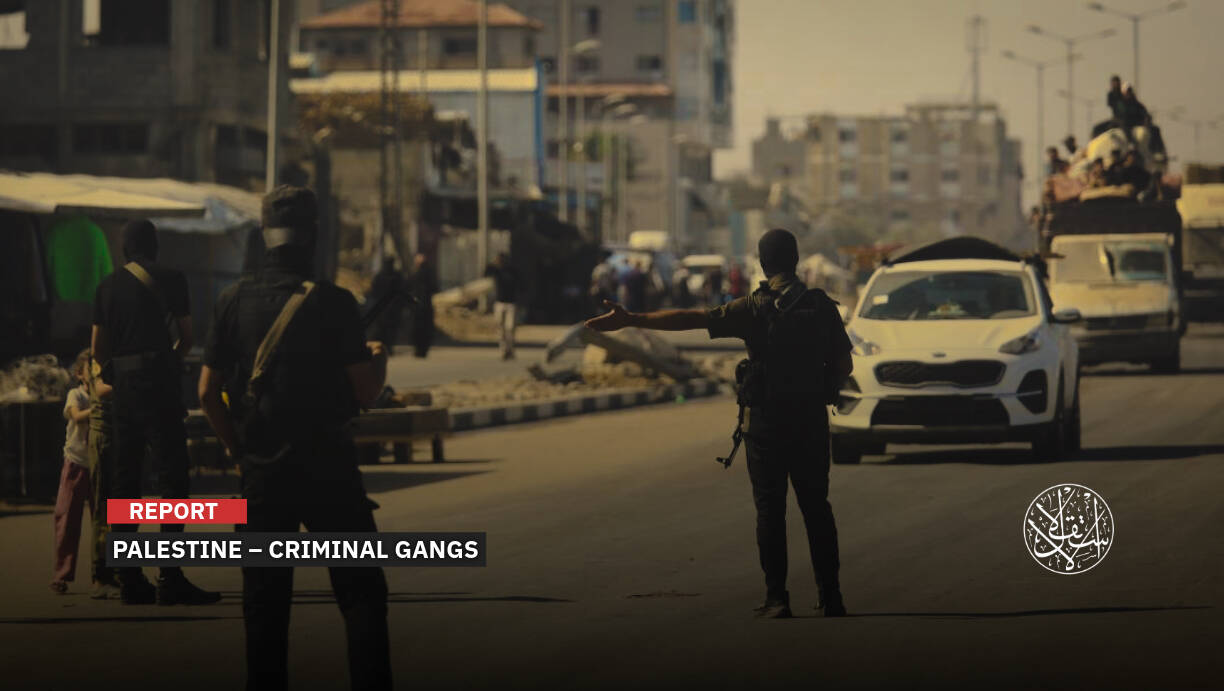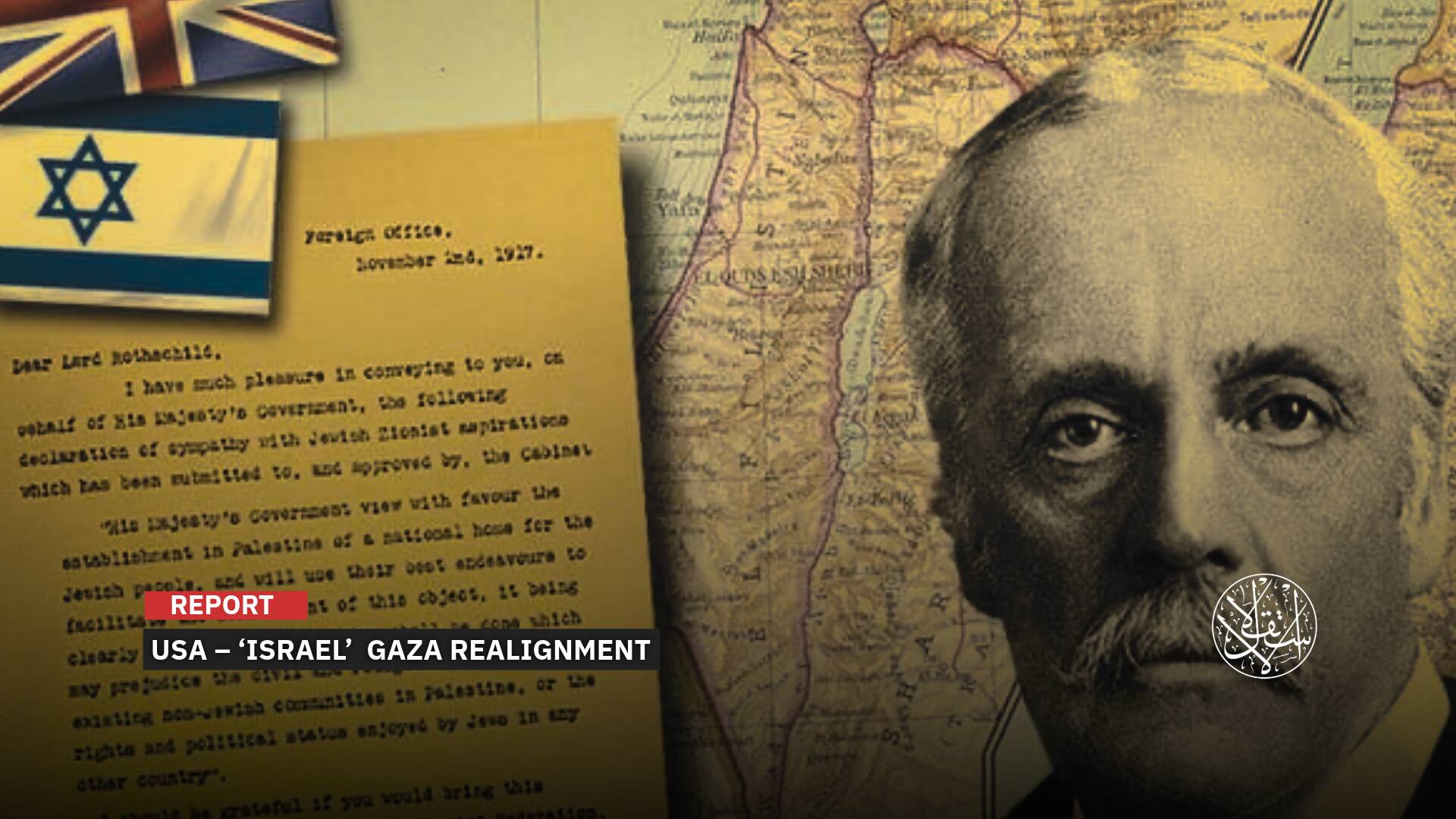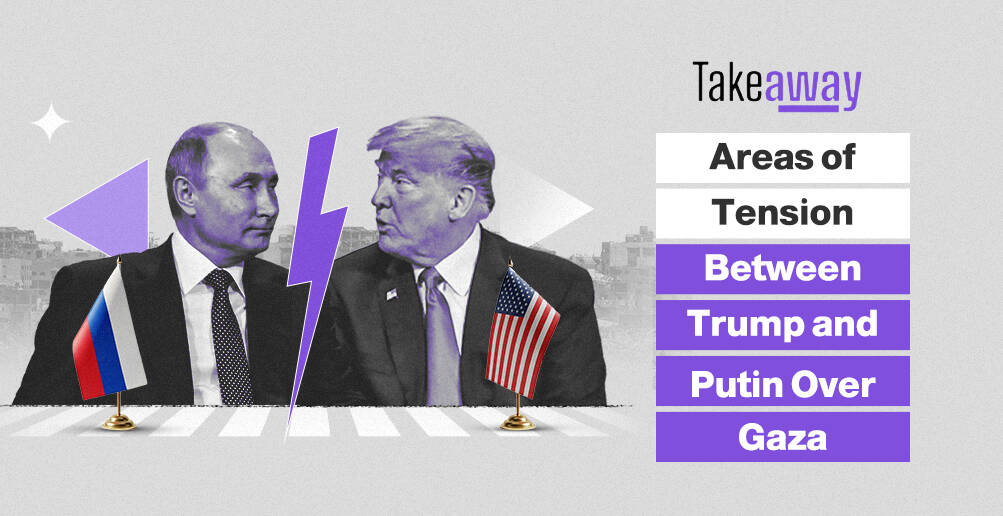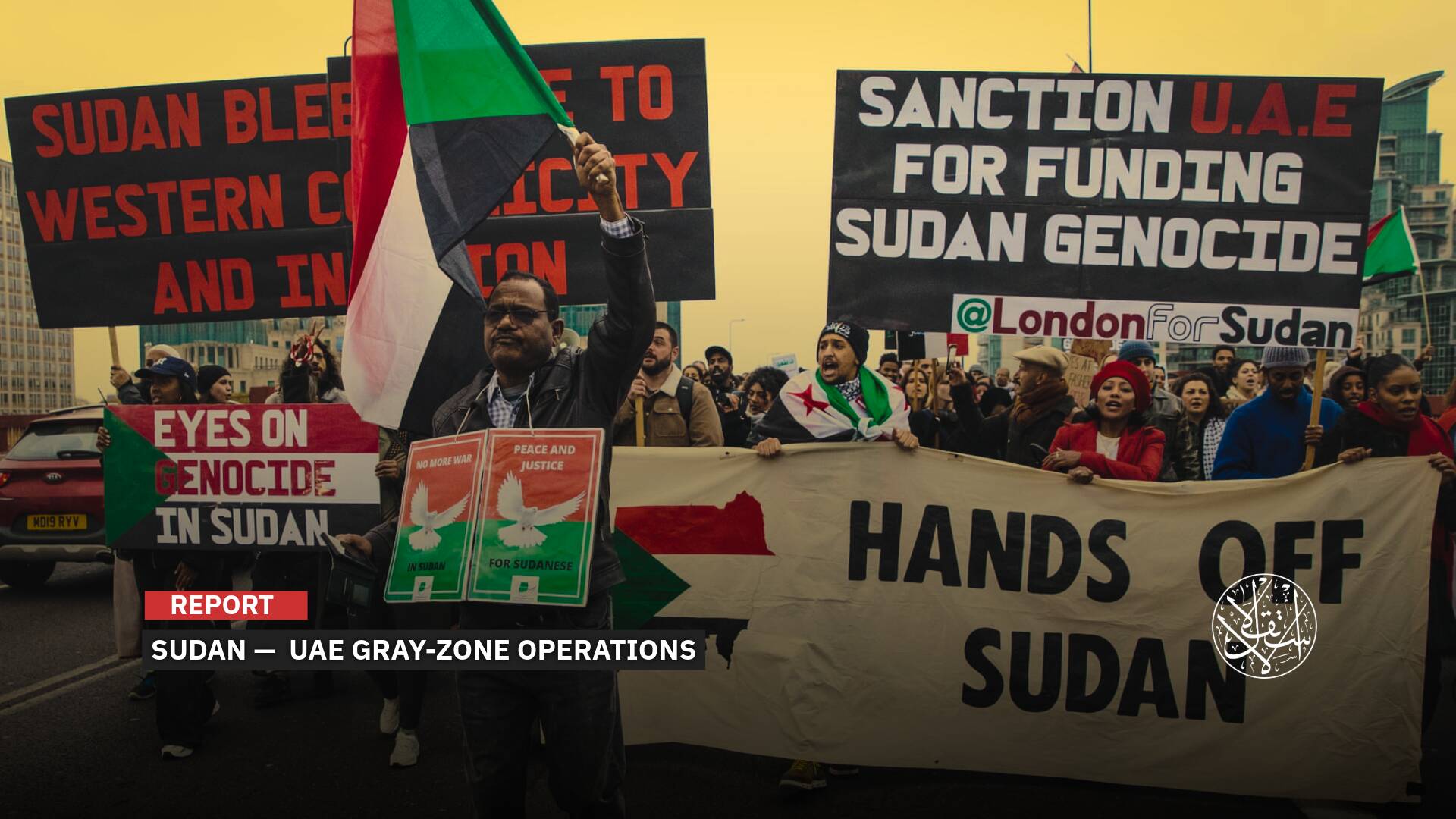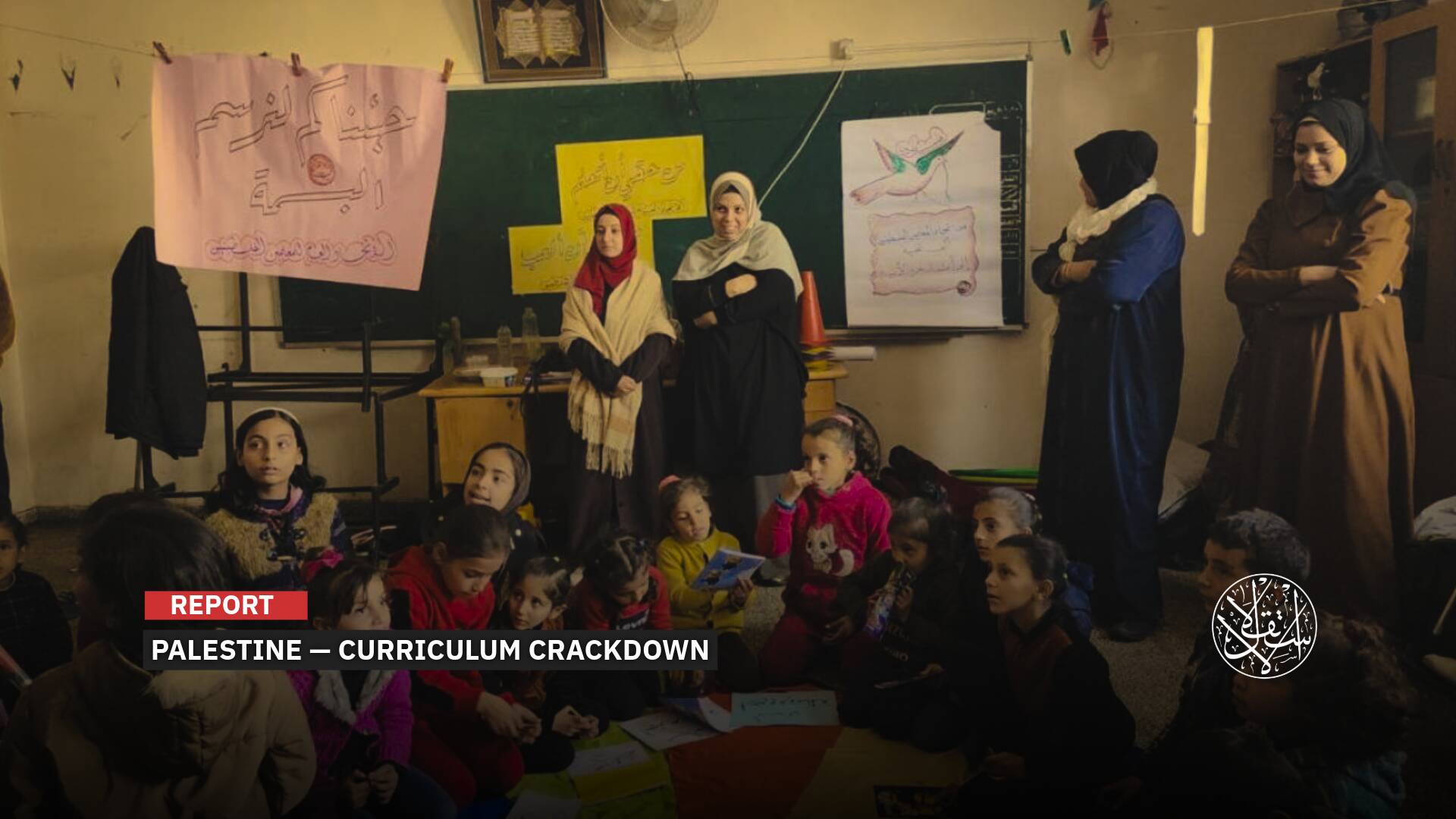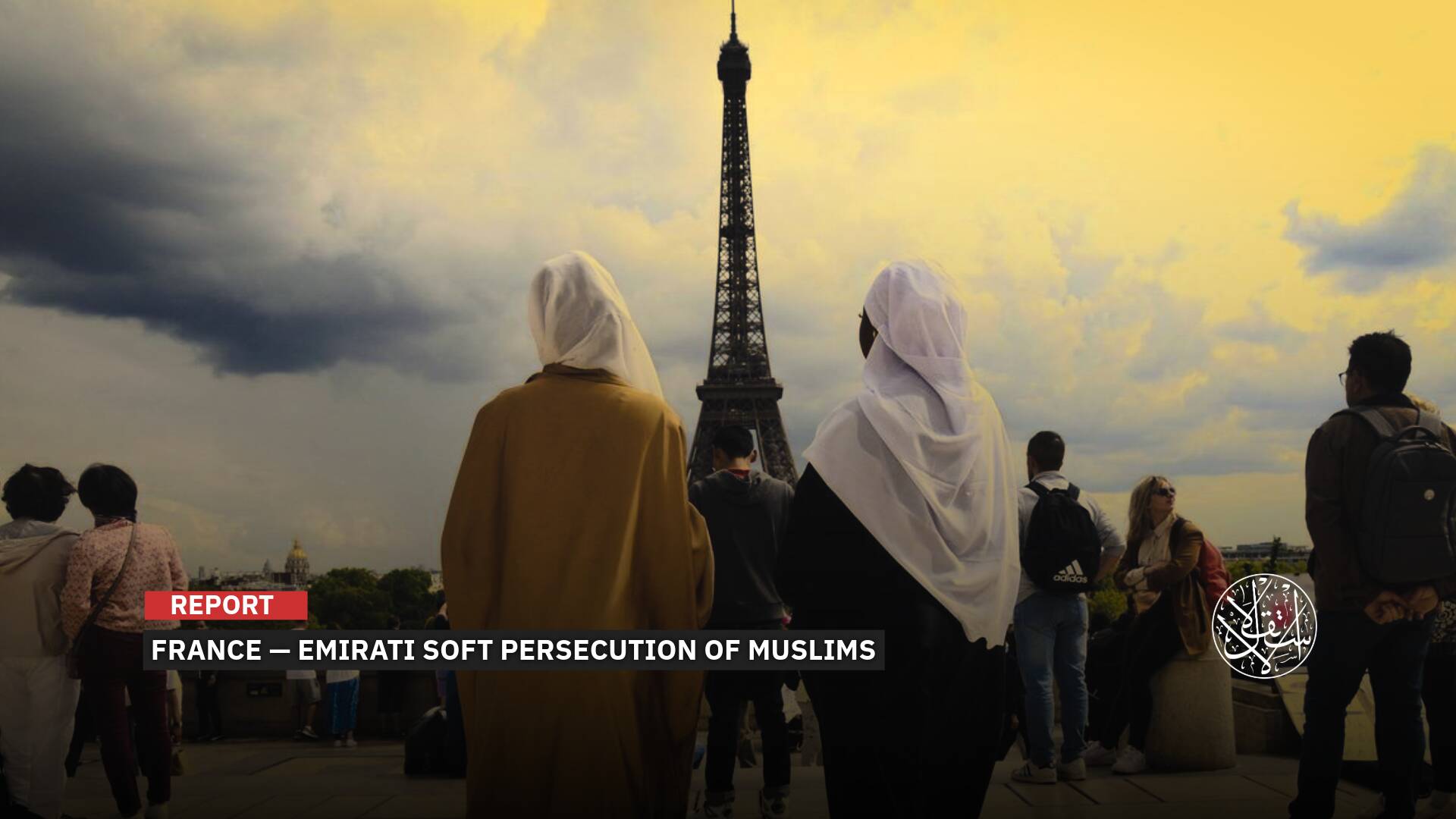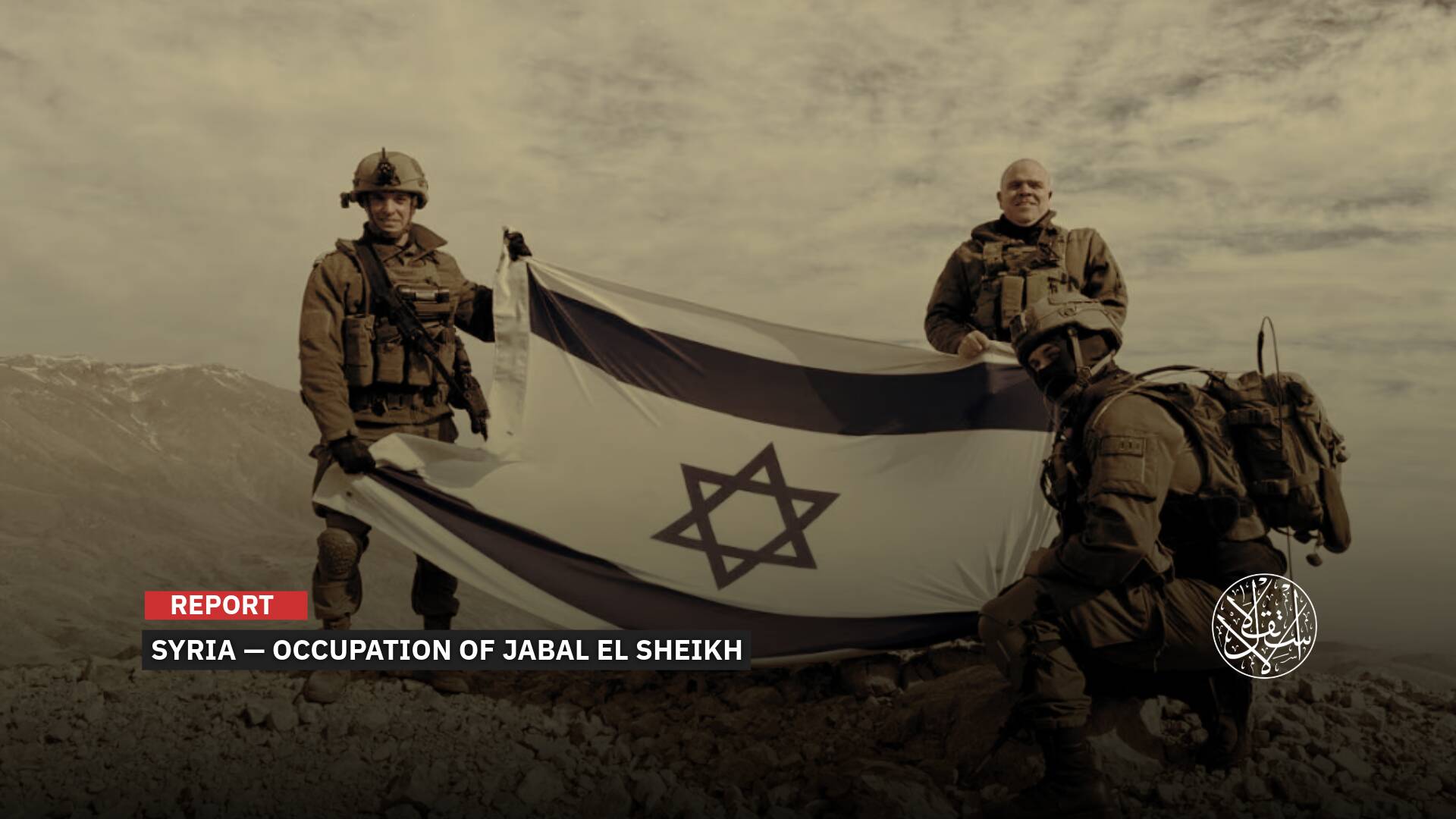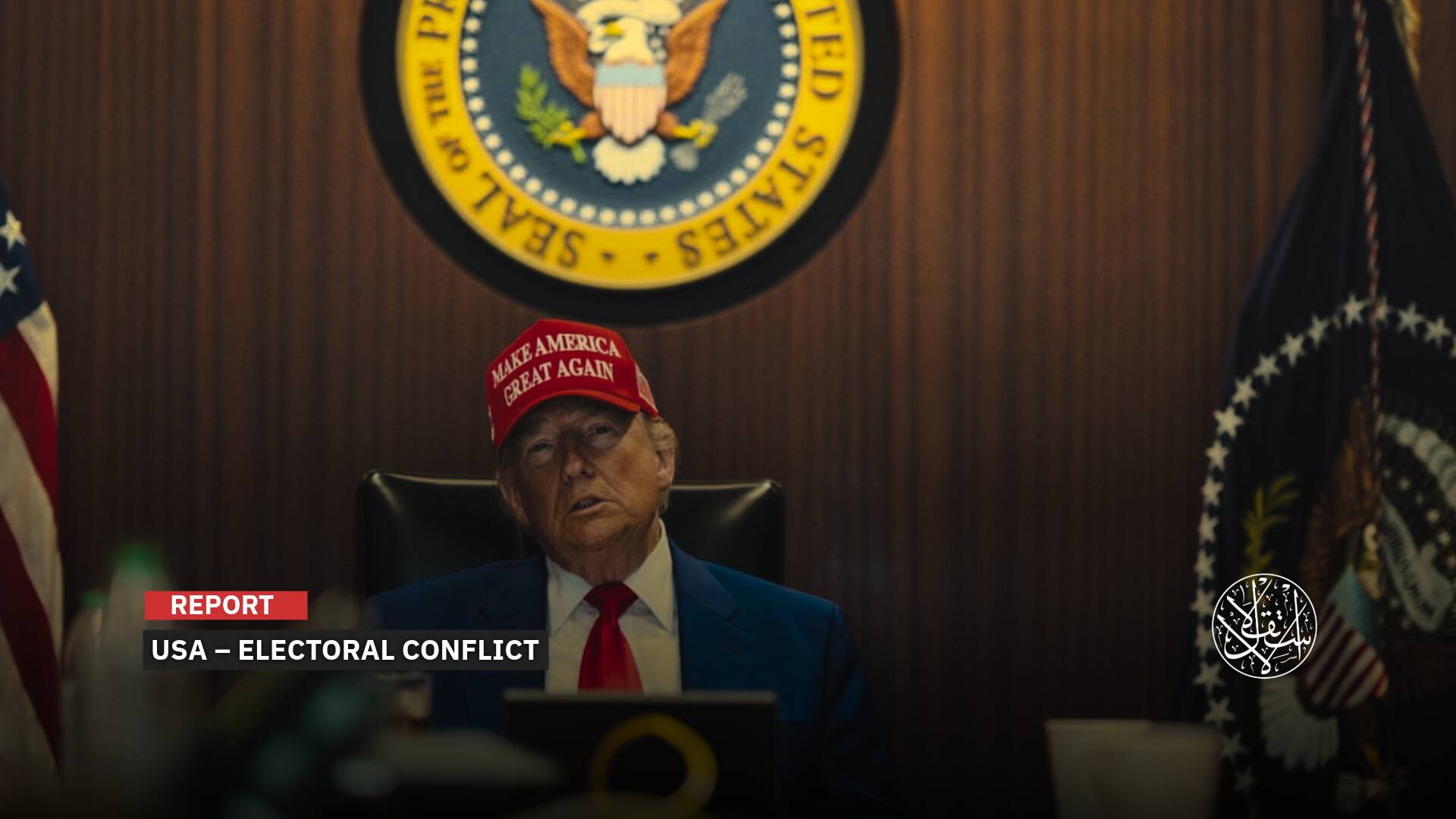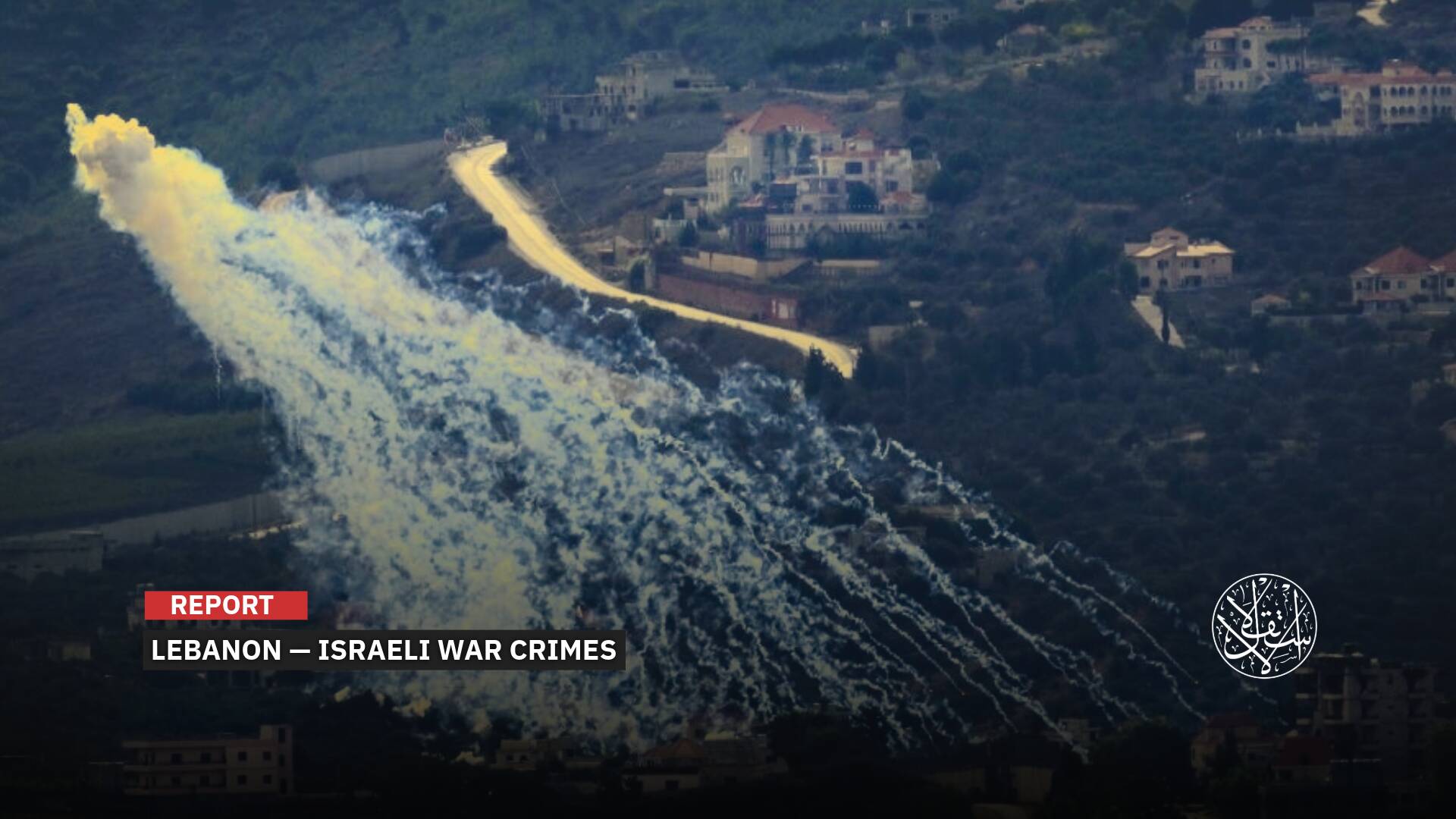Hezbollah's Resilient Economy: A Web of Financial Influence in Lebanon

“Israel” is trying to target Hezbollah's financial networks in order to economically besiege it.
The Israeli Occupation Forces, in their aggression against Lebanon, are seeking to dismantle Hezbollah's financial structure by targeting the individuals and institutions that serve as sources of its funding.
Since 2013, “Israel” has concentrated its efforts on disrupting the routes and points supplying Hezbollah with arms from Iran via Syria, aiming to eliminate its leaders in a hierarchical manner, particularly following Hezbollah's involvement in support of Gaza.
‘The Benevolent Loan’
Following the Israeli assault on villages and towns in Lebanon on September 23, 2024, it was notable that the campaign began with strikes on buildings, sites, and "financial institutions" that “Tel Aviv” claims are affiliated with Hezbollah.
On October 21, 2024, Israeli Chief of Staff Herzi Halevi announced that more than 20 targets related to the "Benevolent Loan" institution, linked to Hezbollah, had been attacked.
The “Benevolent loan” institution provides loans in accordance with Islamic finance principles, which prohibit the charging of interest.
According to Israel National News, Halevi said, “We struck close to 30 targets across Lebanon, a type of Hezbollah’s financial system, 'Al-Qard al-Hassan,' which receives funds from Iran, provides loans, and ultimately finances Hezbollah’s terrorism.”
Israeli Occupation Forces (IOF) admiral Daniel Hagari, in a televised briefing, asserted that dozens of locations in Lebanon were hit, targeting Hezbollah's financial arm, including a cache reportedly containing tens of millions of dollars in cash and gold.
As reported by the Economic Times, Hagari stated that on October 21, 2024, "One of our main targets last night was an underground vault with millions of dollars in cash and gold. The money was being used to finance Hezbollah's attacks on Israel."
He also alleged the existence of a separate cache, purportedly filled with cash and gold beneath the Coast Hospital in Beirut’s southern suburbs, but noted that the IOF had not yet targeted it.
"According to estimates, there is at least half a billion dollars in dollar bills and gold stored in this bunker. This money could and still can be used to rebuild the state of Lebanon," he added.
Fadi Fakhry Alame, an official at the Coast Hospital, denied the Israeli Occupation Forces’ claims of a Hezbollah hideout beneath the hospital in an interview with CNN on October 22, 2024, calling them "baseless."
International and Arab media outlets have since toured the Coast Hospital to verify the Israeli allegations, especially after Hagari described the cache as Hezbollah’s central financial facility and presented computer-generated illustrations of the alleged hideout.
According to Fadi Fakhry Alame, a member of the Lebanese parliament from the Amal Movement, a key ally of Hezbollah, the hospital is privately owned and has been operational for 48 years.
It is a university hospital contracted with the Lebanese University’s medical school and has no political affiliations; its focus is on health and science, with no tunnels, he told Agence France-Presse.
Hezbollah was established in Lebanon in 1982 under the supervision of the Iranian Revolutionary Guard, which has supplied it with weapons and funding ever since, transforming it into an independent entity and a significant manifestation of Iranian influence in Lebanon.
Previously, Hezbollah leader Hassan Nasrallah, assassinated by “Israel” on September 27, 2024, explicitly stated on June 24, 2016, that "the budget of Hizbullah, its salaries, its expenses, its food, its drink, its weapons, and its missiles come from the Islamic Republic of Iran."
The "Benevolent Loan" financial association linked to Hezbollah has become a target of fierce Israeli airstrikes, affecting its branches in multiple Lebanese regions.
The loans and banking services provided by the association are particularly popular within the Shia community.
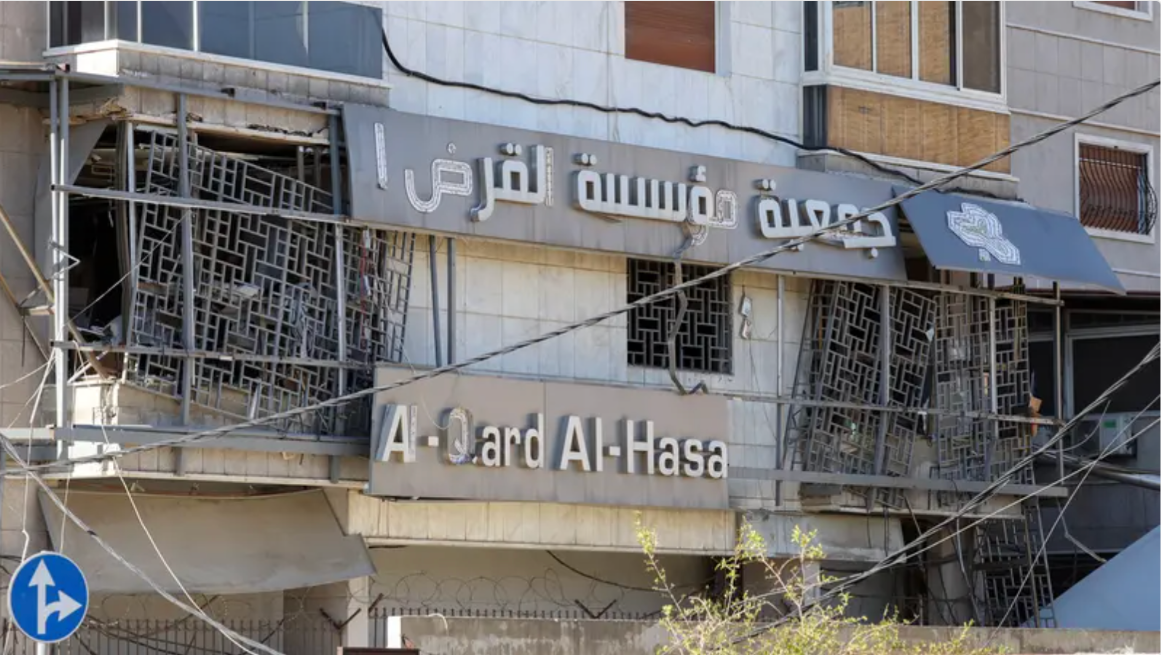
In 2007, the United States Treasury Department imposed sanctions on the "Benevolent Loan" association, asserting that Hezbollah used it as a “as a cover to manage the terrorist group’s financial activities and gain access to the international financial system.”
In 2021, while preparing sanctions against Hezbollah's financial network, the U.S. Treasury Department stated that the "Benevolent Loan" institution essentially is involved in “conducting transactions through “shadow accounts” on behalf of Hezbollah.”
The association operates approximately thirty branches in Beirut and many other areas, registered with the authorities since the 1980s.
The Benevolent Loan Institution has gained popularity for offering interest-free loans in accordance with Islamic law, which prohibits interest.
This service has become increasingly important in a country grappling with a persistent economic collapse for the past five years.
During this crisis, traditional banks have nearly ceased operations, locking away the savings of Lebanese citizens who have lost faith in these financial institutions.
Thus, many individuals are turning to the Benevolent Loan institution for financial support.
The association provides simple loans to business owners and small to medium-sized agricultural or industrial enterprises.
In a country frequently plagued by power outages, the association also extends loans to individuals and municipalities for purchasing solar panels for energy generation.
While the beneficiaries of the Benevolent Loan are predominantly Shia Muslims, the ongoing financial crisis has also led Christians and Sunni Muslims to seek its services.
For instance, the Benevolent Loan institution has installed ATMs at its branches in the southern suburbs of Beirut, allowing residents of the area, according to some reports, to receive cash disbursements and loans from Hezbollah without the restrictions imposed by other banks.
This institution is neither a bank nor a financial entity, which means it does not receive funds from the central bank or any other official state body in Lebanon.
This arrangement permits it to establish its own rules and conduct its own transactions, further bolstering Hezbollah’s economy and its parallel financial system.
Weakening Funding
According to experts, Hezbollah’s military structure and organizational expertise have enabled it to access alternative funding sources.
Consequently, The Israeli Occupation Forces (IOF) has targeted and assassinated leaders within Hezbollah linked to its financial management.
On October 21, 2024, the IOF announced it had killed a senior party official in Syria responsible for a significant portion of its funding operations.
IOF admiral Daniel Hagari stated that the unnamed individual was the head of Unit 4400, "responsible for the transfers and the amount of funds," which are primarily derived from the sale of Iranian oil.
Hagari further noted that this unit was previously led by Muhammad Jafar Qasir, who "managed Hezbollah's main source of income for years" before being assassinated by “Israel” in a targeted strike in Beirut in early October 2024.
According to the U.S. Treasury, Muhammad Jafar Qasir is the finance minister for Hezbollah and is responsible for transferring Iranian weapons from Syria to Lebanon.
Qasir was once seen serving as a translator from Persian to Arabic during a meeting between Syrian President Bashar al-Assad and former Iranian President Hassan Rouhani in Tehran on February 25, 2019.

“Israel” also succeeded in assassinating his brother, Hassan Jafar al-Qasir, the son-in-law of Hassan Nasrallah, in an airstrike on Damascus on October 3, 2024.
Hassan has been on the United States sanctions list since 2018 for charges related to transferring funds from the Iranian Revolutionary Guard to Hezbollah.
In light of this, it is clear that “Israel” is attempting to target Hezbollah's financial networks and those who manage them in an effort to economically besiege the group.
According to the U.S. State Department, Hezbollah receives approximately one billion dollars annually through direct financial support from Iran, global business enterprises, investments, donor networks, corruption, and money laundering activities.
As “Israel” has focused on targeting the main sources of cash funding for Hezbollah, specifically individuals and the "Benevolent Loan" institution, as well as aircraft carrying cash to Beirut Airport, questions have arisen about the ability of “Tel Aviv” to effectively cut off its funding streams.
As reported in Al-Estiklal, Adam M. Smith, an international attorney and former senior advisor at the U.S. Treasury Department's Office of Foreign Assets Control (OFAC), noted that “this Israeli military operation alone will not achieve much.”
“The Benevolent Loan organization is central to Hezbollah’s financial infrastructure, accessing the international financial system. If it were to be shut down, it would be difficult for Hezbollah to purchase weapons or even conduct its other financial operations.”
Smith stated in a press release on October 22, 2024, that “Hezbollah could revert to cash-based systems or cash shipments.”
However, he clarified that “traditional funding routes from Iran have been cut off, and it will be difficult for Tehran to continue financing Hezbollah as it once did.”
Iran’s Secret Lies
While some see the "Benevolent Loan" association as Hezbollah's treasury vital for grassroots support, others argue that its financial backing is fundamentally linked to Iran, which manages the funding channels.
In this context, Lebanese economist Louis Hobeika told the Associated Press that "destroying al-Qard al-Hasan branches will not affect Hezbollah’s funding as its money comes from Iran and wealthy supporters around the world. The group’s salaries are known to be paid in cash in dollars."
Hobeika added on October 21, 2024, that "As long as Iran and Hezbollah’s allies are funding the group it will not be affected," asserting that “the flow of bags of cash from abroad will continue just as it has in the past.”
In this framework, Ali Sabeti, director of the Arab Center for Dialogue, contends that Israel's strikes on Benevolent Loan branches and the destruction of buildings in the southern suburbs aim to undermine Hezbollah under the guise of enforcing UN Security Council Resolution 1559.
Adopted in 2004, Resolution 1559 demands the withdrawal of Syrian forces from Lebanon, the disbandment of all militias, and the reinforcement of the Lebanese government's authority over its territory.
Sebti stated in a televised interview on October 21, 2024, that targeting Hezbollah's financial infrastructure aims to undermine the popular support base for the resistance in Lebanon, as cited in Al-Estiklal.
Before October 8, 2023, Hezbollah worked diligently to maintain a degree of support from its core Shia community.
According to the website Janoubia, before Lebanon's economic crisis in the fall of 2019, Hezbollah leveraged its control of the Ministry of Health to coordinate with pharmacies in southern Lebanon and the Bekaa Valley, providing its members with discounted medications.
In December 2020, Janoubia further reported an article that the party managed to inundate its affiliated pharmacies and healthcare centers with smuggled Syrian and Iranian medications, crossing the borders and arriving via the airport.

In 2020, Hezbollah launched a new chain of grocery stores named "al-Nour Markets" in the south, the Bekaa Valley, and the suburbs of Beirut.
Each branch is stocked with Iranian and Syrian products sold at prices lower than those of imported goods in competing stores.
The goal of Hezbollah in this sector was to generate profits in Lebanese pounds, which would later be converted into U.S. dollars on the black market, according to Janoubia.
Additionally, at that time, the party introduced a new social security system for its members and employees with the "Sajid Card," which could be used to purchase goods and receive discounts at al-Nour Markets.
This component of Hezbollah's strategy was primarily designed to keep its Shia base calm and under control amid the economic crises facing Lebanon.
In February 2019, the National Interest reported that Hezbollah's annual budget is around $700 million, with Iranian support comprising about 80 percent of that total.
The report highlighted Hezbollah's establishment of an internal economy in Lebanon through diverse financial activities and its expansion into regions like Africa and Latin America.
Sources
- ‘The Benevolent Loan’: What is its mechanism of operation and the services it provides? [Arabic]
- Hezbollah establishes parallel financial systems and social welfare systems to manage the current crisis. [Arabic]
- The Israeli Occupation Forces announce the killing of a senior financial official in Hezbollah. [Arabic]
- An American magazine reveals the funding sources of "Hezbollah" and the size of its budget. [Arabic]
- An official at the Coast Hospital in Beirut tells CNN: Israeli claims about Hezbollah's hideout are ‘baseless.’ [Arabic]


